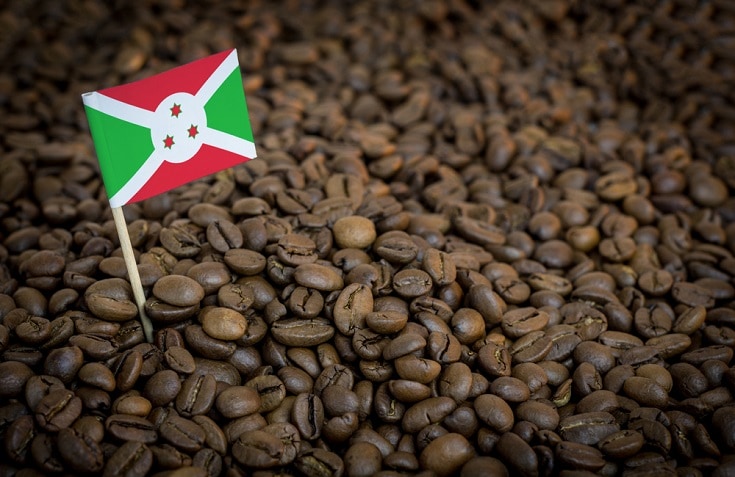iwillnotbebroken.org – Burundi, a small landlocked country in East Africa, is renowned for its exceptional coffee beans that have captured the attention of coffee connoisseurs worldwide. Despite its modest size and the challenges it faces, Burundi has carved out a niche for itself in the specialty coffee market, thanks to its high-quality arabica beans.
The Terroir of Burundi
The unique terroir of Burundi, characterized by its fertile volcanic soils, high altitudes, and abundant rainfall, provides an ideal environment for coffee cultivation. The country’s climate and topography are perfectly suited for arabica coffee, which thrives in the cool, wet conditions of the region’s mountains.
Traditional Farming Methods
Coffee production in Burundi is predominantly carried out by smallholder farmers who use traditional farming methods. These methods, while labor-intensive, ensure that the beans are grown with care and attention, contributing to their superior quality. The farmers often belong to cooperatives, which help them access better markets and prices for their coffee.
Processing Techniques
The processing of Burundi coffee beans is another factor that contributes to their distinctive flavor profile. The beans are typically wet-processed, a method that involves removing the fruit from the beans before they are dried. This process helps to highlight the natural sweetness and acidity of the beans, resulting in a cup that is both complex and balanced.
The Flavor Profile
Burundi coffee beans are celebrated for their unique flavor profile, which often includes notes of red fruit, citrus, and sometimes a hint of chocolate. The beans are known for their bright acidity, clean finish, and overall balance, making them a favorite among coffee enthusiasts.
Sustainability and Fair Trade
Sustainability and fair trade practices are increasingly important in the coffee industry, and Burundi coffee is no exception. Many of the cooperatives in Burundi are committed to sustainable farming practices and fair trade principles, ensuring that the farmers receive a fair price for their coffee and that the environment is protected for future generations.
The Impact of Coffee on Burundi’s Economy
Coffee is a significant economic driver for Burundi, with a substantial portion of the population involved in its cultivation and processing. The success of Burundi coffee on the international market has helped to improve livelihoods and provide a source of income for many families in the country.
Conclusion
Burundi coffee beans are a testament to the country’s dedication to quality and tradition. From the unique terroir to the meticulous processing and commitment to sustainability, every step of the coffee production process in Burundi is designed to produce beans of the highest caliber. As the demand for specialty coffee continues to grow, Burundi’s beans are sure to remain a cherished commodity among coffee lovers around the globe.




